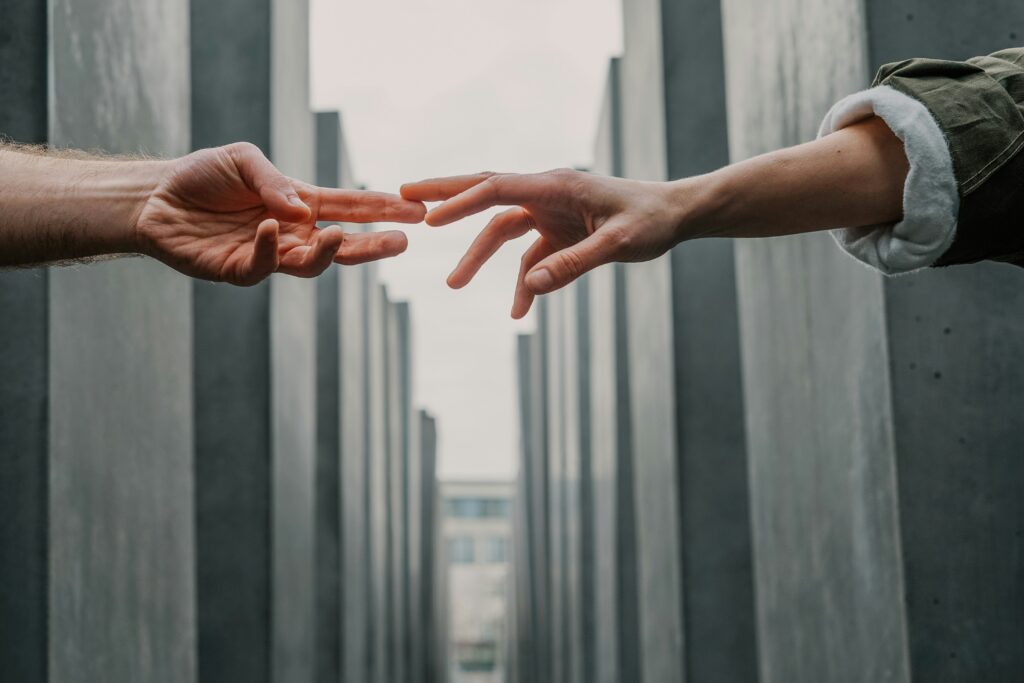
Over the next few weeks, I want to move from talking about the problem – (individual) loneliness and (group) isolation in our country – to looking at solutions.
What can we – Paths to Understanding, local leaders, ordinary citizens – do to respond to this challenge? And importantly, how do we go about responding in a way that’s appropriate and sustainable?
First, we need to recognize that it will take a steady, long-term effort. We didn’t reach this point in a few days or weeks. Greed and extreme individualism have not only changed the world around us, they’ve also changed us on the inside. They have changed our philosophies, theologies, and values. It is time to look again at what we value and why.
Second, this ongoing work should be fueled by joy and gratitude for life. It grows out of our deep love for all living things, for each other, and for ourselves.
Third, there will be many emergent issues and emergencies to respond to. It’s important to do so. However, we must also spend time on the long-term challenges that face our nation and the world. This means taking care of the fundamental conditions that must be in place so that people have the health, knowledge, and resources to respond challenges in their lives and their communities. The Rippel Foundation states that “belonging and civic muscle” is such a “vital condition” for well-being. It is also a practical capacity, a precondition for us to be able to engage in actively shaping all other aspects of our personal and communal lives.
Fourth, we need to go back to the roots of our various cultural, philosophical, spiritual, and religious traditions to re-discover the wisdom and guidance they offer. During COVID, I asked people from many backgrounds—literally, from Atheist to Zoroastrian—what we can do to heal our communities. They all had meaningful strategies offered by their respective traditions. I believe our different wisdom traditions hold seeds that can help us through what feels like a “famine” of meaning and community. As we explore these roots, we should do so together, across lines of difference. In my own work, I’ve discovered each tradition has something unique to share, yet there’s also a lot in common. Put together, they offer what I call a “Human Strategy”:
- Share food and stories
- Serve our community together
- Honor each other in public
Fifth, we need to stop relying on social media and clever slogans alone to fix our society. Social media algorithms are built in a way that tends to emphasize what divides us rather than what unites us. Instead, we should invest our time and energy in real-world networks—international, national, regional, or local—and help them connect with each other for the common good.
I will share a few more strategies in my next blog post. I believe we can, together, take steps to begin addressing our loss of social cohesion. Let’s keep moving forward together.
